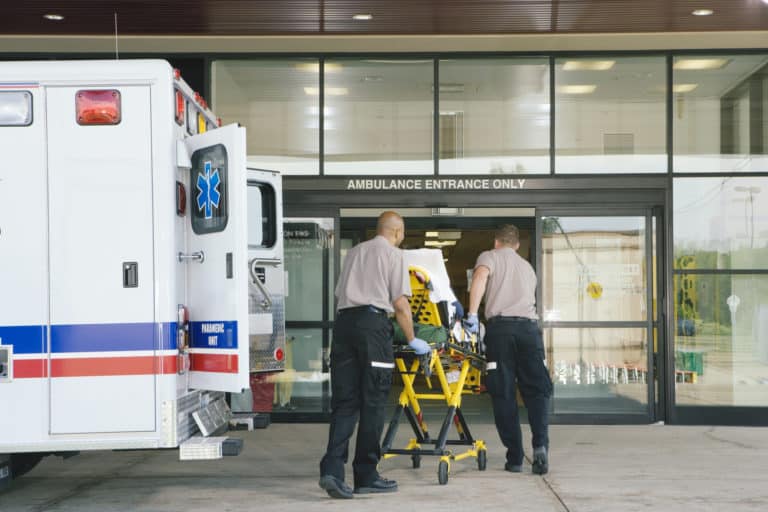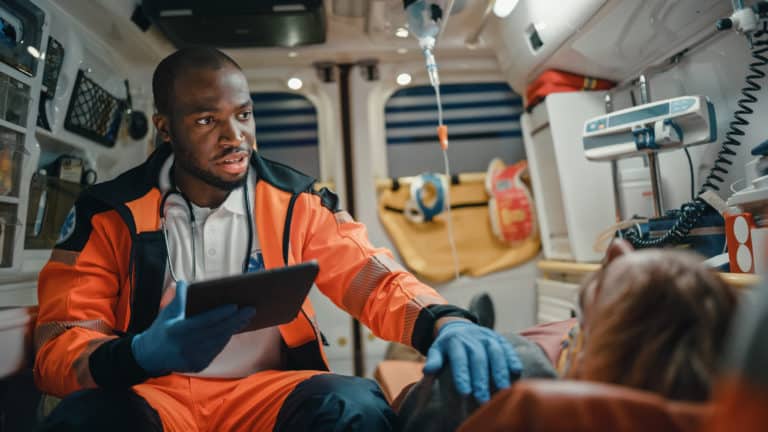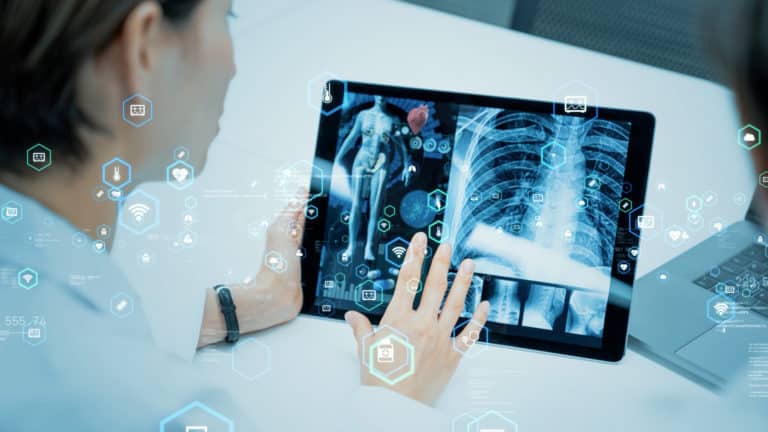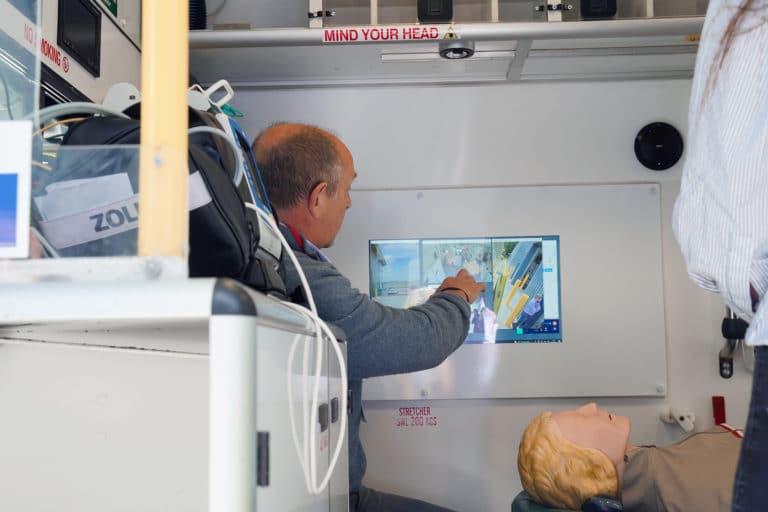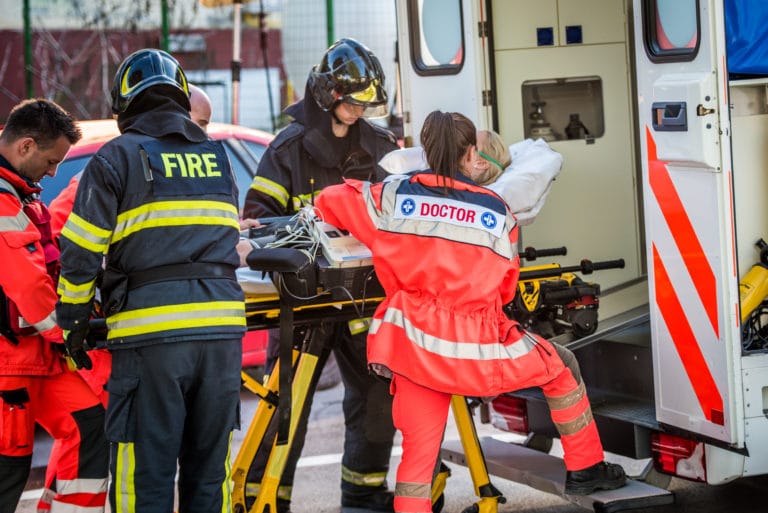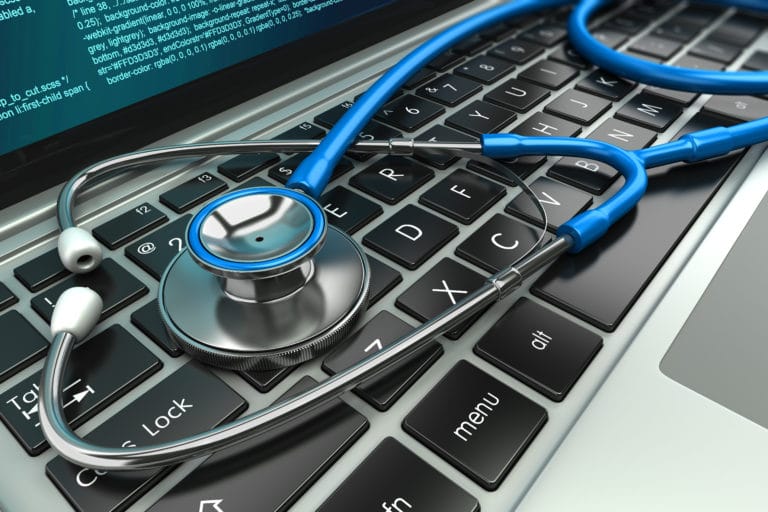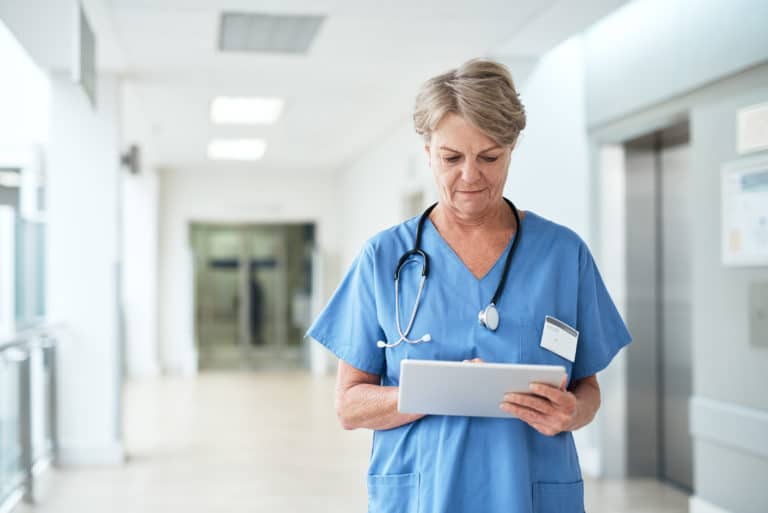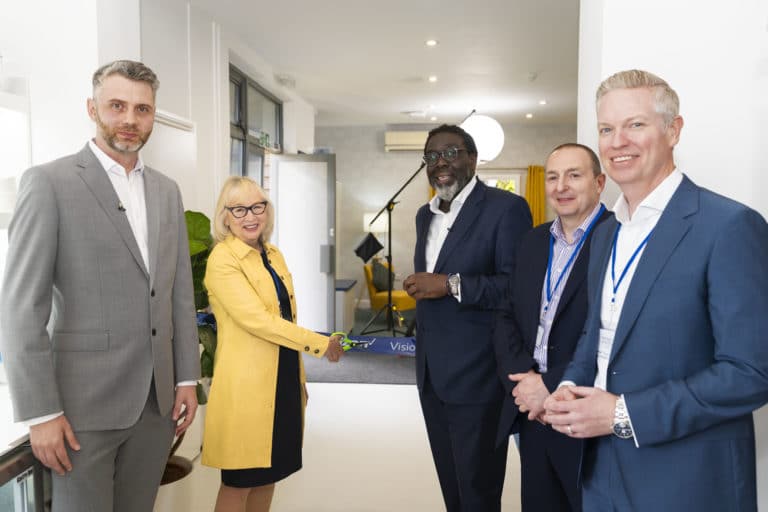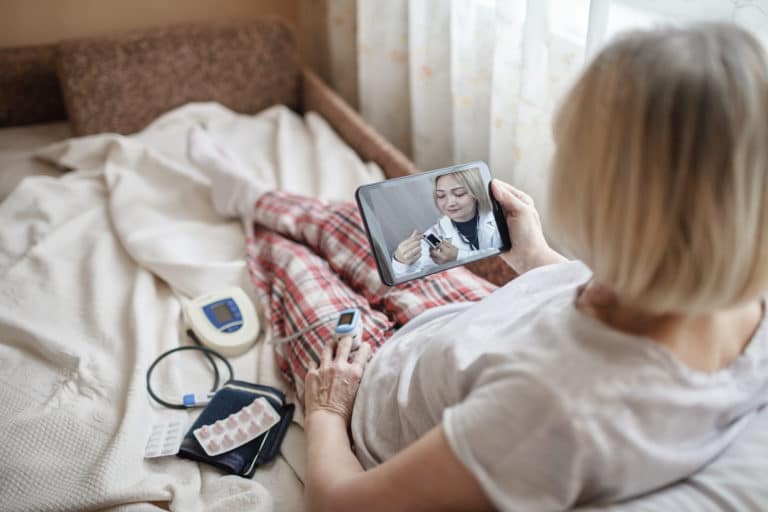In a recent blog, Visionable chief operating officer Donna Holt explained why the company is committed to supporting the mental wellbeing of staff. So, what better way to start my first day at Visionable than running what would essentially be a virtual group therapy session.
Before asking my new colleagues to share with me, and each other, how the Covid 19 pandemic was affecting their psychological well-being, I thought it best to offer them access to my medical knowledge and to hold a Q&A session on all things coronavirus. I answered questions on everything from the structure of the virus particle through to what extent certain individual’s family members may need to go to, to protect themselves.
The final part of our session was the bit that I found most interesting, in fact fascinating. Whilst many businesses have been suffering with a lack of activity during lockdown, the opposite is true for Visionable. I’ve been super impressed to hear of some of the incredible work streams that the team have actioned, in rapid response time, to help in the coronavirus pandemic. Not least the Visionable Connect technology which is enabling patients suffering with the devastating consequences of Covid, to communicate with their families who were unable to visit them in hospital.
I soon learnt that my Visionable colleagues are busier than ever, and that working from home certainly does not fit the old stereotype of kicking back and watching Netflix. In fact, the very opposite is true and I soon discovered that many of my colleagues would sit at their desk for 10 hours straight, some for 14 hours, barely leaving their screens. Some had relatives who would slide food and drink in to keep them going, and others just went without in an attempt to optimise productivity. It was clear that this lack of balance was not imposed by their employers, but came from a place of passion and determined team spirit. Yet they all also admitted that ‘burnout’ was something lurking in the not so distant future.
It was soon very clear to me that there is a dangerous culture developing in this particular ‘working from home’ community, that could be having some really negative implications for their health. So what does the evidence tell us when it comes to productivity at work?
I came across a Harvard Business Review document, which argues the case that ‘regular exercise is a part of your job’. See this excerpt below which highlights the work productivity benefits. Add this to the fact that our physical and mental health depend upon it and then there’s the fact that it is one of the proven ways to build mental resilience. No brainer if you ask me.
What about breaks? We often think that taking a break will eat into important ‘work-time’ and reduce overall output, but the science tells us that breaks actually increase productivity, and creativity too. The part of our brain that is responsible for ‘thinking’ and ‘concentration’ is the prefrontal cortex. This same part of the brain, interestingly, is also important for willpower and avoiding impulses, for example to eat chocolate. Breaks are required to recharge and refresh for optimal mental abilities. “Aha moments” came more often to those who took breaks, according to one study. Other research suggests that regular breaks can raise our level of attention and engagement which, in turn, highly correlates with productivity.
So here I am at the end of my first day, and fear that I’m already being a bit bossy, but I promise that it comes with the kindest of intentions.



